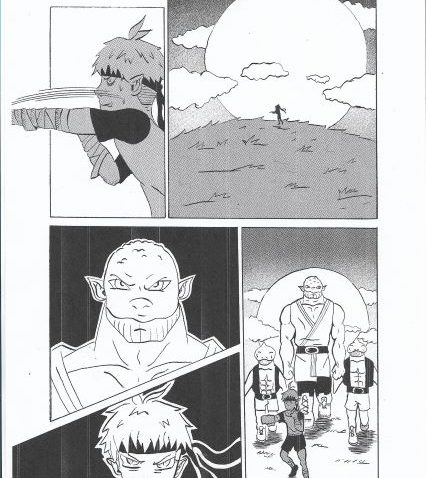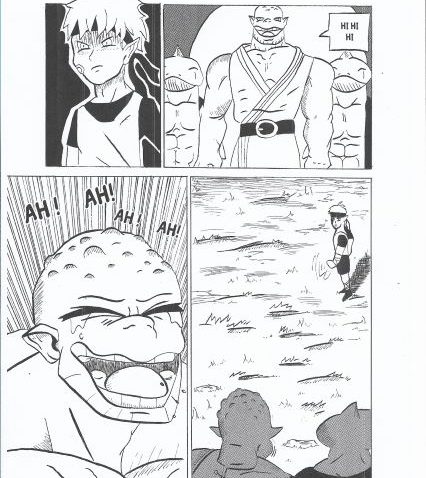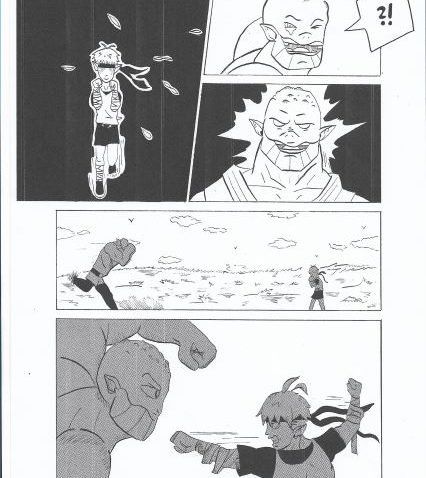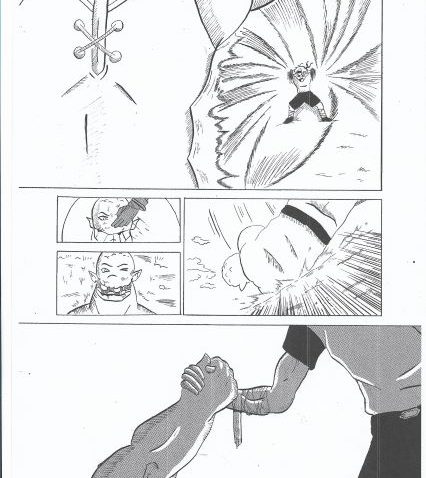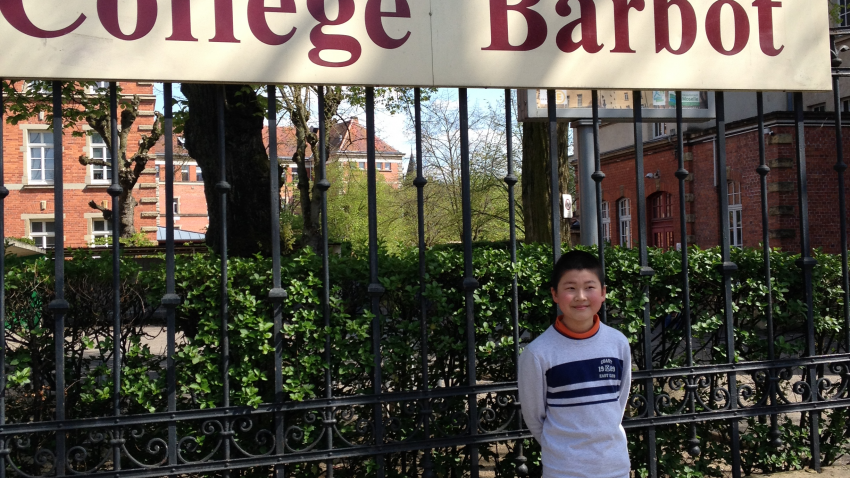
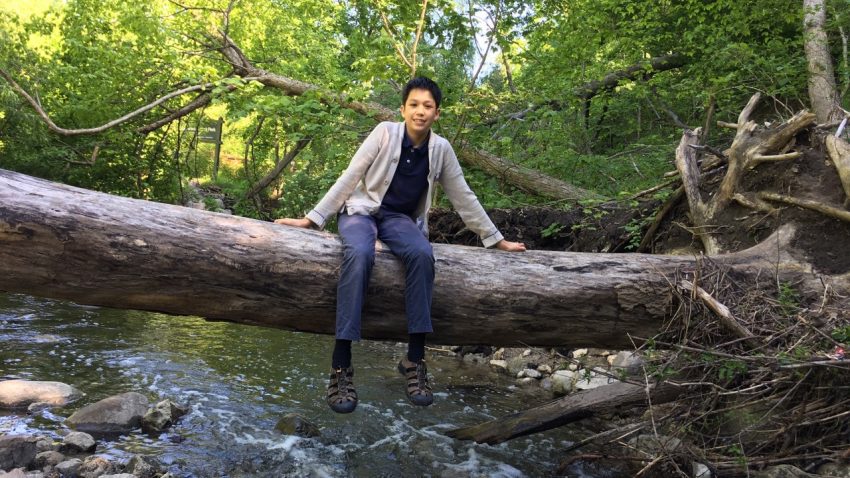
Introduction of us: Tianbo and Marc-Alexandre were students of 6em 1 in 2016-2017. Tianbo lives in Wuhan China now, while Marc-Alexandre in DeKalb (much close to Atlanta) USA. We are glad to share our experience during quarantine with teachers and students of college Barbot.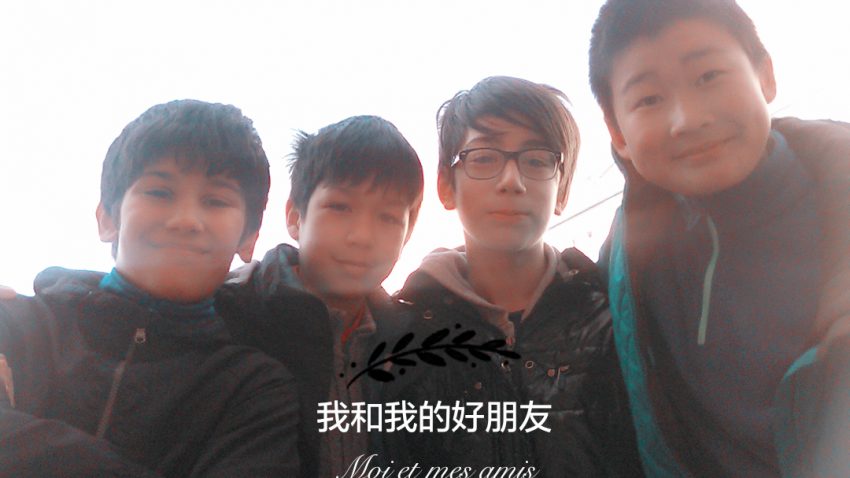
Q1: When did the quarantine start?
Tianbo: The quarantine began on the 23rd January, and two days later was spring festival, the most important festival in Chinese lunar year. So we were in a depressed start. When the quarantine began, the school was still on vacation, and we were planning to return school in midterm February, but we stayed at home until 20th May.
Marc-Alexandre: The quarantine started quite late, March 12th, on Thursday, right before a long weekend with Friday off. That night was the chorus concert which I was there, and the announcement of school being closed was announced in the middle of the concert for no school starting Monday.
Q2: What was yours and others first reactions?
Tianbo: For me, it’s unbelievable. I heard from the news that almost 150,000 people left Wuhan overnight.
Marc-Alexandre: I was just enjoying singing during the concert, so I didn’t care much, but after the concert, many students got really excited for not having school.
Q3: What did you do after the quarantine started?
Tianbo: First we checked how much food we had left, and we imagined how we can live without water and electricity (fortunately it didn’t happen).
Marc-Alexandre: I didn’t do much, I just mainly stayed at home. On Monday I checked in on my online classes and started to do the assignments there.
Q4: What precautions did you and your family take?
Tianbo: We prepared a lot of masks, and we often check our temperatures.
Marc-Alexandre: Our neighborhood has houses spread out quite far, as each house has a yard, so there wasn’t much need for masks, and the streets are large enough that you can easily have social distance while on a walk. Due to this, I ended up spending much time outside, either in the yard, or on walks.
Q5: How did you continue with school after school was closed ?
Tianbo: From midterm February we started taking online classes. We had 8-hour-classes and five days per week.
Marc-Alexandre: We continued school online on a platform called Verge. Verge did have some issues, but we managed to overcome them (apart from my P.E. teacher, who didn’t know how to use it). The assignments were assigned through messages, and there were little video conferences. Most of the time, I could finish a day’s assignments during the morning. This was during the first two weeks. However, in week three of virtual learning DeKalb County (the county where I live in) announced Phase II of virtual Learning, which meant there was only 30 min of class, each class only going on two days per week. In addition, video conference calls were made optional. With much more time I ended up spending much more time outside.
Q6: What is your feelings towards online classes?
Tianbo: In the beginning we weren’t used to it since we can’t see teachers or classmates, and the internet connection was very bad.
Marc-Alexandre: I quite like it as I could work at my own pace, so I could finish assignments much earlier. However I do miss seeing my teachers and being able to ask them questions directly.
Q7: Has school reopened?
Tianbo: Yes, but I asked to stay at home to have online classes continuously.
Marc-Alexandre: School did not reopen, and classes ended a week earlier so that we can reopen school next semester a week early to take exams.
Q8: What activities did you do during the day to keep yourself entertained ?
Tianbo: I chatted with my classmates online sometimes, and I play video games.
Marc-Alexandre: I mainly went outside, but i did pick up a few books to read by Isaac Asimov.
Q9: What is the advantage and disadvantage of online classes according to you ?
Tianbo: The advantage is that I don’t have to get up early to go to school. It saves time on the road. I can wear more casually. I can also eat during classes. Disadvantage is that my eyes hurt a lot because I watch the screen for too long.
Marc-Alexandre:
Q10: Describe your daily schedule in the quarantine. How did it differ from normal times ?
Tianbo: During the quarantine, I can sleep for one more hour in the morning. At noon I can eat with my mother instead of eating in the canteen.
Marc-Alexandre:
Q11: Imagine how life will change after the quarantine.
Tianbo: We will be more aware of personal hygiene, and keep social distance.
Marc-Alexandre:
Q12: How are online classes different than normal classes
Tianbo: We can know more about teachers’ private life. (We heard cat meowing in math class) (Our physics teacher’s children are very noisy).
Marc-Alexandre: We just mainly had less work, and more free time.
Q13: If there was one thing you wanted to say to politicians in control of the situation, what would it be ?
Tianbo: We wishes that information should be open to public. We need to know the truth.
Marc-Alexandre: I think that politicians should ask scientists to know the truth. I think that there should be also some immunity put in place for scientists, so that they are not afraid to speak out. Here in the U.S. the CDC did little help or work, as it was pressured by the government to not do much, thus slowing down pandemic efforts.
Q14: How is the situation in your country?
Tianbo: Wuhan has done virus testing for every citizen (nearly 10 million citizens). Our lives have become normal.
Marc-Alexandre: It isn’t going on very well, as politicians do not want to do much, and are unable to look ahead. The situation is becoming worse, especially here in Georgia, where the governor decided that shops could already reopen, and people do not really respect social-distancing and self-isolation.
Q15: What lessons are to be learned from this pandemic
Tianbo: We need to respect the environment, and get along with it. We should know everyone share the same fate. We should cooperate instead of fighting.
Marc-Alexandre: As Tianbo said we should cooperate, and listen to the people who know the situation best, which are the doctors and scientists working on stopping the pandemic. We should be better prepared for next time, assume that worse things can happen, and be better prepared.

